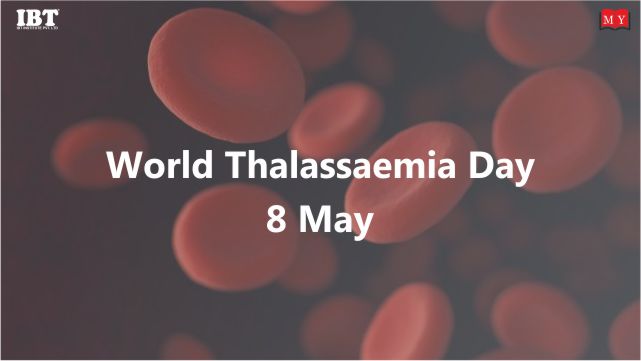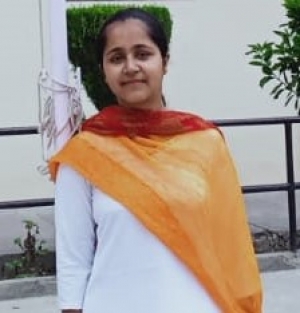World Thalassaemia Day: 08 May

World Thalassaemia Day: 08th May
World Thalassaemia Day is observed every year on 8th May to raise global awareness about Thalassaemia, a genetic blood disorder that affects the body's ability to produce hemoglobin and red blood cells. The day also serves to support patients and promote preventive measures, early diagnosis, and treatment.
What is Thalassaemia?
Thalassaemia is an inherited blood disorder in which the body makes an abnormal form or inadequate amount of hemoglobin. Hemoglobin is the protein in red blood cells responsible for carrying oxygen. The disorder leads to excessive destruction of red blood cells, which causes anemia.
There are two main types:
-
Alpha Thalassaemia
-
Beta Thalassaemia
The severity can range from mild to severe and often requires regular blood transfusions and medical care.
History and Origin
World Thalassaemia Day was established by the Thalassaemia International Federation (TIF) in 1994, in memory of George Englezos, the son of TIF founder Panos Englezos, who died of the disease. The aim was to honor all thalassaemia patients and their families and to spread awareness about prevention and management.
Theme 2024
"Be Aware. Share. Care: Strengthening Education to Improve Lives"
The themes typically emphasize education, early detection, inclusiveness, and better quality of life for those living with the disease.
Significance
-
Highlights the global burden of Thalassaemia.
-
Promotes preventive screening and genetic counseling.
-
Encourages government policies for free treatment and support.
-
Celebrates the resilience of patients and their families.
-
Calls for increased blood donation to meet transfusion needs.
Global Impact
According to the WHO:
-
Over 270 million people worldwide carry an abnormal hemoglobin gene.
-
Approximately 300,000–400,000 babies are born with severe hemoglobin disorders each year.
-
Thalassaemia is particularly prevalent in South Asia, the Middle East, and the Mediterranean regions.
World Thalassaemia Day is not just about raising awareness—it's about saving lives. With proper understanding, timely screening, and compassionate care, the burden of this hereditary disease can be reduced. Let’s work together to build a world where every child is born free of thalassaemia.
4 likes |
0 comment
 4.5/5
4.5/5








